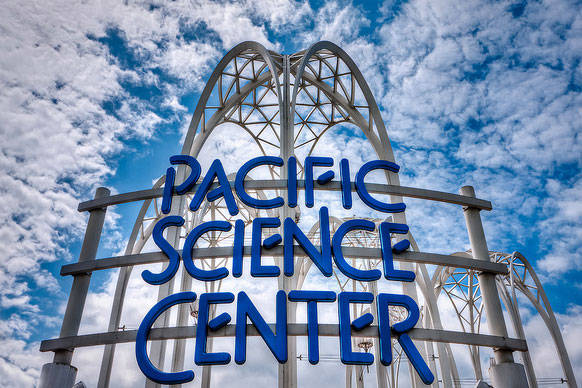The Global Initiative for Boys and Men has filed a legal complaint against the Pacific Science Center for offering girls-specific educational programming but not boys-specific programs.
GIBM President Sean Kullman said because the Pacific Science Center receives federal and state grants and works with various public educational entities, it is required to abide by the equal protections clause.
He pointed to several years of recent Form 990 records that reveal government grant contributions in excess of $7.5 million to the Pacfic Science Center.
“Civil rights laws are clear and ‘extend to all state education agencies, elementary and secondary school systems, colleges and universities, vocational schools, proprietary schools, state vocational rehabilitation agencies, libraries and museums that receive federal financial assistance,’” Kullman said.
Kullman says that for the Pacific Science Center to offer girls-only programs and camps without offering boys-only programming is to deny educational access and options to children and their parents on the basis of sex.
In correspondence with Kullman, PSC Vice President of Development Paul Chiocco and Chief Marketing Officer Eleanor Bradley said that only 12 of the 251 virtual and in-person summer camps ran by the museum were marketed as “girl-only,” and claimed that they “would never, and have never excluded a boy from participating in these programs, should they have the interest.”
Director of Marketing for PSC Liisa O’Neill said: “We know that stereotypes, social expectations, and lack of representation dissuade girls from pursuing interests in STEM. The mission of our Girls-Focused Camp Program is to offer unique experiences that help youth identifying as female or non-binary overcome these types of limitations.”
She also pointed out the underrepresentation of females in STEM, citing that in 2017, only 29 percent of students completing AP Computer Science were female. In 2015, only 34 percent of students completing associate’s degrees or bachelor’s degrees in STEM were female and only 22 percent completed degrees in computer science.
But Kullman said he believes the confidence boost, supportive friendships and unique experiences that are advertised in the girls-only programs would be beneficial to boys as well.


